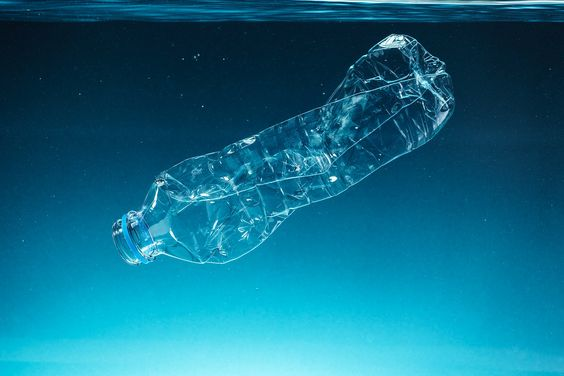With 40% of plastics manufactured in the world being convenience and single-use plastics, the world is close to a humongous plastic waste menace. In Africa, plastic waste management policies have been relatively unsuccessful considering the pushback from multi-million companies that deal in plastics. Currently, Africa produces nearly 6 million tonnes of plastic wastes and there are very few proper disposal structures in place.
According to a 2016 study, by the year 2050, there will be more plastics than fish in the ocean. Although we are still a few decades from hitting the menace, single-use plastics and plastic bags are still being manufactured en masse. One can infer from the heaps of plastic bottles to countless plastic bags found in waste dumps, that this is not a mere statistical projection. It is a call to everyone to be more responsible and take action. Fortunately, at the fore of climate action are environmental scientists and researchers working around the clock to save the situation.
In addition to this, a new study by researchers at the University of Cambridge seems to bring a ray of hope to the plastic pollution problem in the world. The study carried out in 29 European lakes, revealed that some naturally-occurring lake bacteria absorb plastic remains to grow faster. At such a faster growth rate they are more able to efficiently support the food chain in water bodies. As the bacteria break down carbon compounds in plastic and ingest them, they enrich the lakes with more food for aquatic animals such as fish, ducks, and others.
While this discovery points to the fact that plastic waste has the potential for strengthening the food web in lakes and possibly other water bodies, it does not encourage the irresponsible use and disposal of plastics. If for anything, it is a prescriptive approach to solving the devastating plastic pollution problem the world’s oceans are predicted to face in 2050. In fact, the researchers suggest that introducing these plastic-ingesting bacteria into plastic polluted water bodies might be the antidote to plastic waste pollution in our lakes, and rivers.
Read Also: ₦13.7tn Manufactured Goods Imported In 9 Months – NBS
Africa sure has a lot to benefit from the findings of this study if researchers are able to discover close relatives of this plastic-ingesting bacteria or naturalize their exotic sprains on the continent. According to Climate Action, Africa; “Approximately 500 shipping containers of waste are dumped in Africa every month.” Out of 54 African countries, less than 10 have fully enforced laws on plastic manufacture and usage. In some cases, the bills have not even been passed and in nations where the bills have been passed, there is no strict enforcement of the law.
Hence, from feeder rivers to lakes, to drainages and street corners, it is common to find plastic waste in African countries as the nationals rely heavily on plastics. Plastic shopping bags, food wrappers, sachets/bottles of drinking water, and single-use plastics are used by thousands of Africans every day. Countries like Zimbabwe, Kenya, Tanzania, Nigeria, and a few others have taken steps to ban single-use plastics or partially restrict their usage. However, not much progress has been made. This points to the fact that the control of plastic usage and efforts towards halting plastic pollution in Africa should not be shouldered only by the government.
While Cynthia Nwanonyiri opines that the government of African countries should consider controlling plastic usage by regulating its manufacture rather than its consumption; I suggest that everyday people should be sensitized about the potentially devasting impact of our over-dependence on plastics. It is the behavioral change of one and all that will better tackle the plastic pollution problem as scientists work towards scaling up the plastic-ingesting bacteria to clean up all the lakes, rivers, and oceans of the world.
Ehi-kowoicho Ogwiji is a storyteller and natural scientist who is given to advocacy for a science-literate Africa. Ehi-kowoicho aspires to be a renowned science communicator and STEM thought leader in Africa and beyond. She writes from Abuja, Nigeria. Follow her on social media @ogwijiehi or email her at [email protected]










